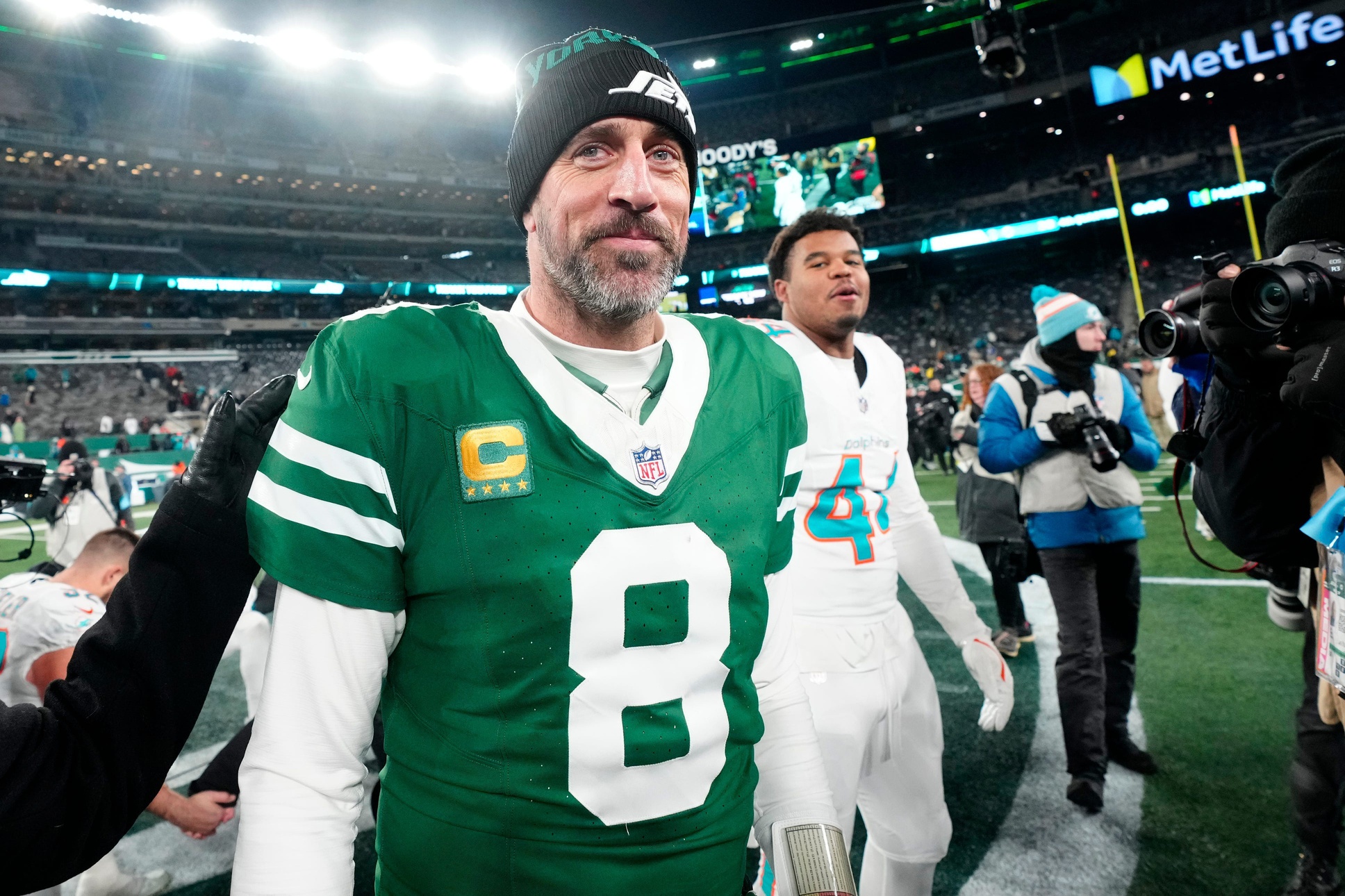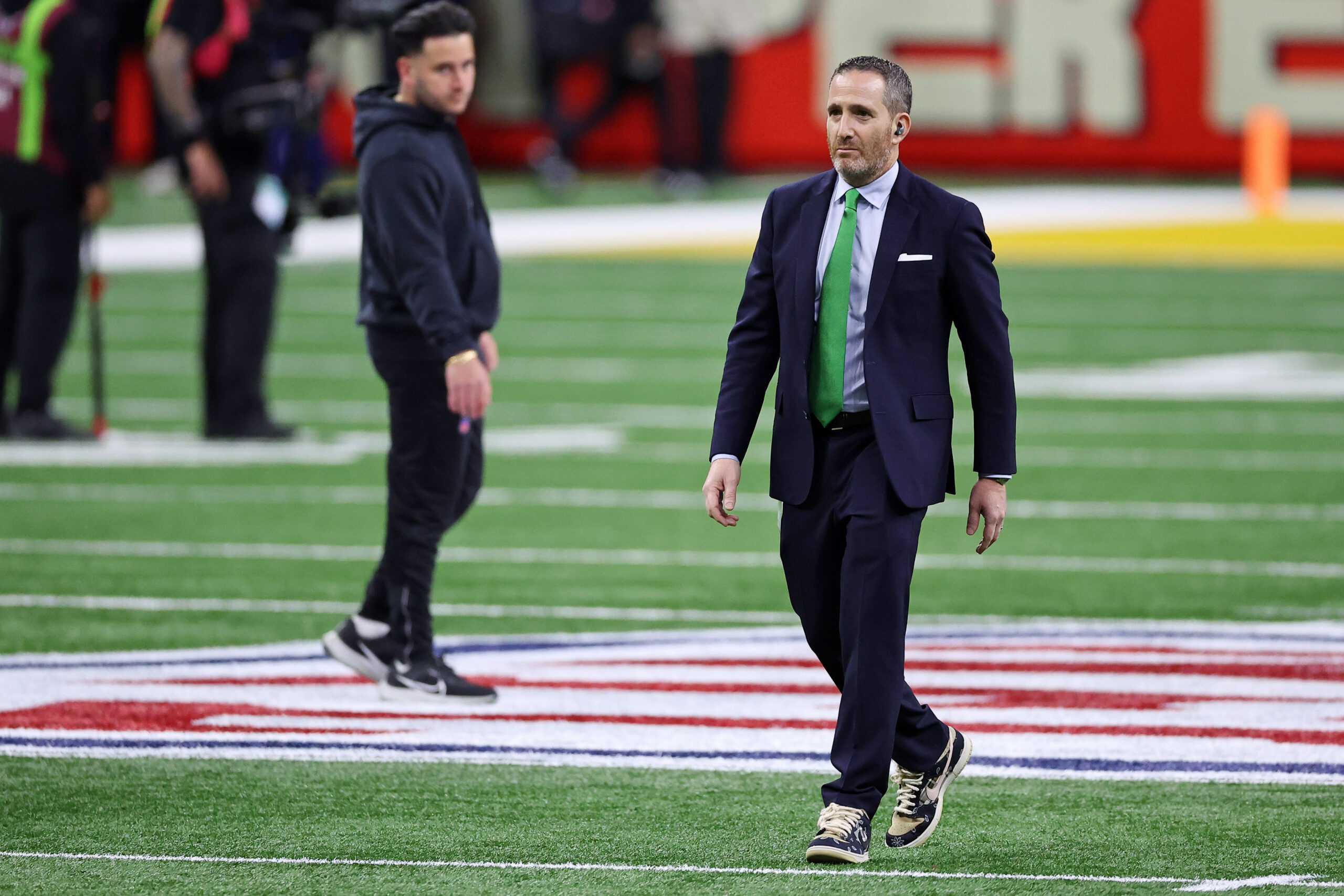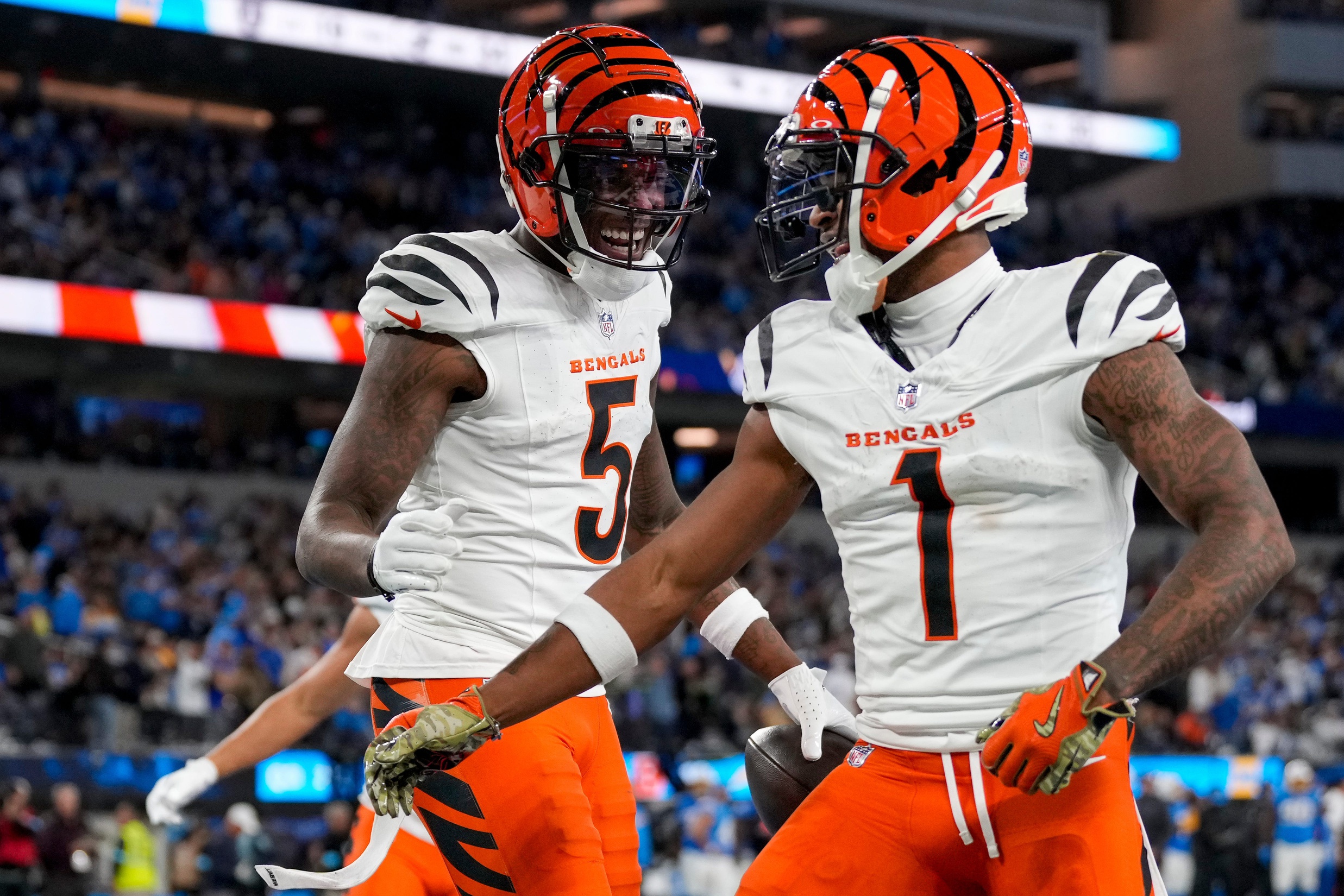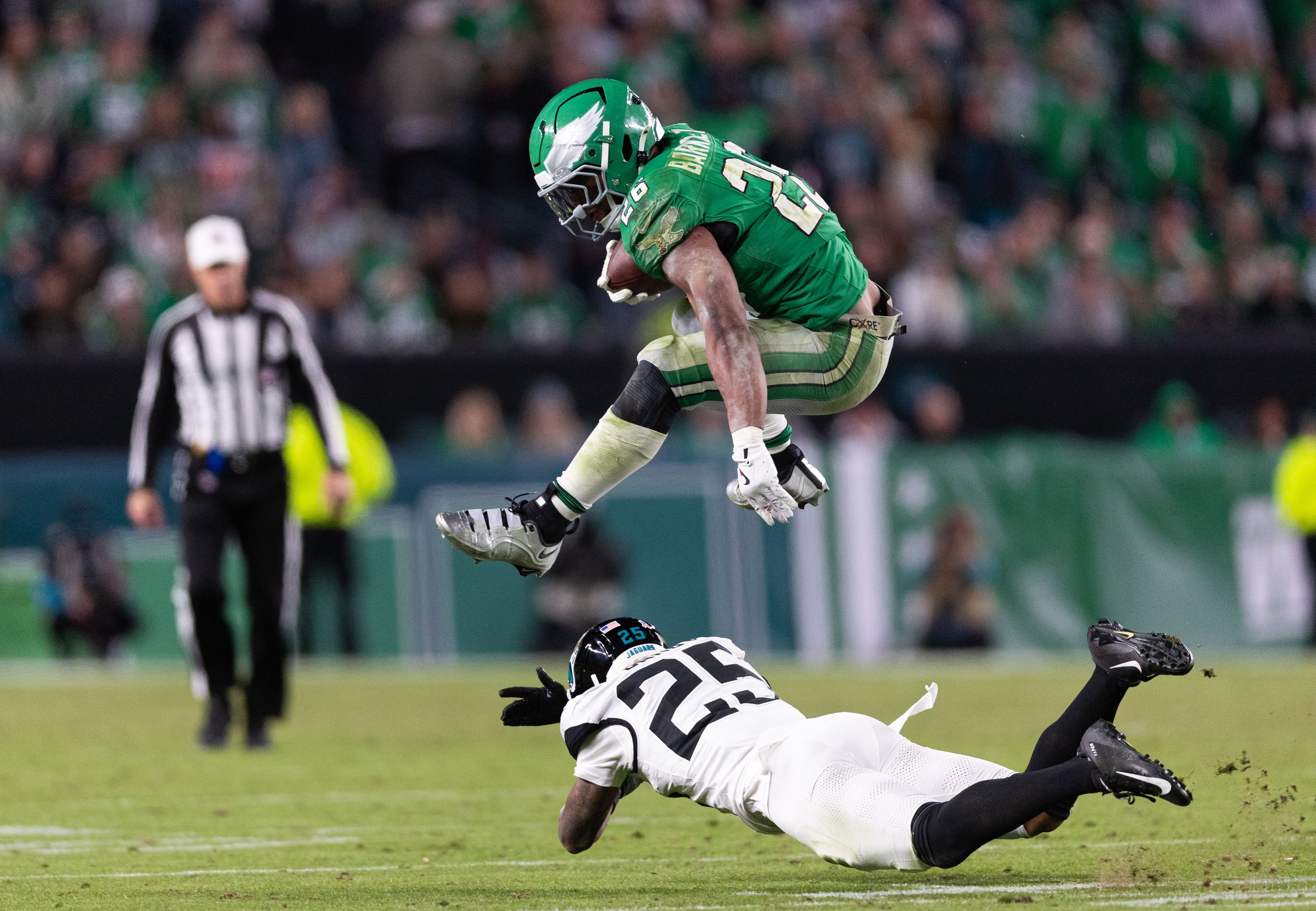Expert Analysis
5/24/24
6 min read
How a Player’s Situation Can Alter Their NFL Career
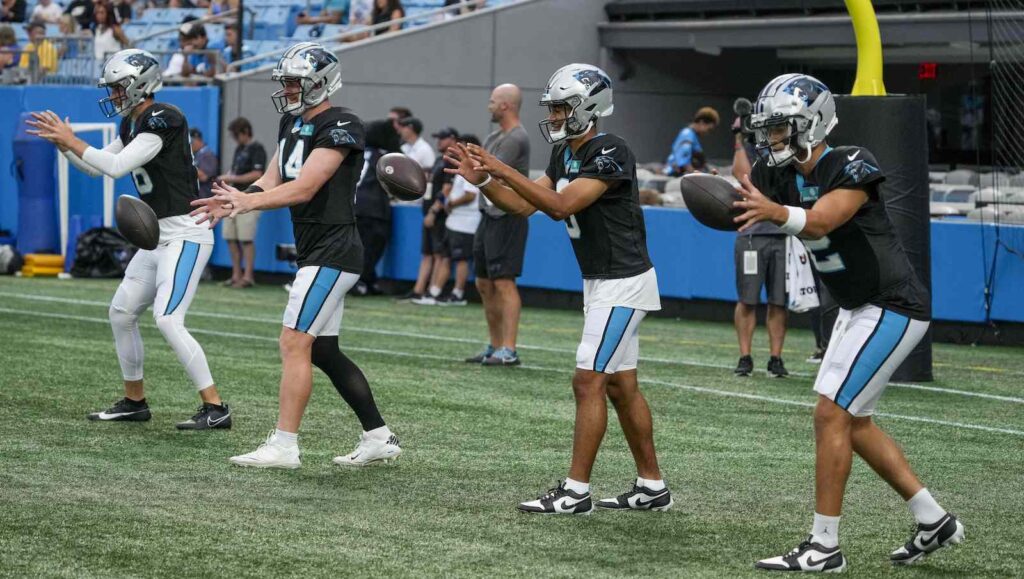
My go-to response when I meet someone who asks me some variation of the questions “What’s the NFL really like?” or “What’s one thing about playing in the NFL most people would never know?” is:
NFL careers are much more circumstantial than most people realize.
If I’m not telling someone how playing professional football isn't nearly as glamorous as you imagine when you’re a kid (because of the constant physical pain and/or anxiety related to job security concerns), I’m usually talking about how much of an impact a situation can have on a player’s career.
That is especially poignant this time of year when most rookies who were selected a few weeks ago take the field with their veteran teammates for the first time for on-field organized team activities (OTAs). Initial reports and quotes from teammates about how each newcomer looks will trickle out. Then, we will see how things play out starting in August during preseason games.
Before long, fans and media members will start to judge whether each rookie was a good pick or a bad pick, based on how that player performs.
If only things were that simple.

Several Factors Contribute to Success or Failure
One of my pet peeves is people thinking every player who doesn’t work out was a bad player or pick, when there are many factors involved in their success or failure. There’s a reason why some players don’t blossom until there is a coaching change or they go to a new team.
For example, do I think Houston Texans QB C.J. Stroud is and will continue to be a better player than Bryce Young, the Carolina Panthers passer picked one spot ahead of Stroud in last year’s draft?
Sure, but I would love to see how Young would have fared in Houston with a rising star offensive coordinator in Bobby Slowik and young, electric playmakers such as Nico Collins and Tank Dell.
Conversely, while I think Stroud would have fared better than Young in Carolina, I’m not convinced Stroud would’ve had nearly the same stellar rookie campaign as he did in Houston. The Panthers had one of the worst offensive lines in the league, 33-year-old Adam Thielen was the team's top receiving target and the offensive coaching staff was chaotic from the start. That’s not exactly a recipe for success — for anyone.
I think the team around you is more important for a rookie quarterback.
Former NFL quarterback Shaun King
I recently asked former NFL QB Shaun King on the “Ross Tucker Football Podcast” about the importance of the players surrounding a rookie passer vs. the importance of the coaching staff and the impact of both on a player’s success.
King, the first rookie to lead his team to a conference championship game, said, “I think the team around you is more important for a rookie quarterback. But moving forward after that first year to achieve consistent success, it is the coaching staff.” We had four different offensive coordinators my first four years in the NFL.
“The biggest jump a quarterback makes is the first offseason if they are in the same system and can go back and just self-scout and see where they can improve. But if you are learning a new offense you don’t really get that opportunity.”
Continuity Is Important
Situation and circumstance play a role for all positions.
People might be surprised to hear my career could’ve just as easily been nonexistent as it could’ve resulted in me being a long-term starter. Ultimately, it was neither of those things.
As a rookie in 2001, I was signed by a Washington team with serious salary cap issues. As an undrafted free agent making the rookie minimum, I benefited from that on some level when the team cut the roster down to 53. After the season, then-coach Marty Schottenheimer told me in my exit meeting that he could see me starting at left guard the following season and would give me every opportunity to win that job.
He was fired the next day.
Unfortunately, that led me to a journeyman career where my head coaches were fired at the end of my first three seasons, and I finished with nine (NINE!) offensive line coaches in five seasons.
The NFL is hard enough without constantly changing schemes, techniques, etc. because it doesn't allow you to really master your craft.
You’ve heard the expression “jack of all trades, master of none.” Well, my career embodied that.
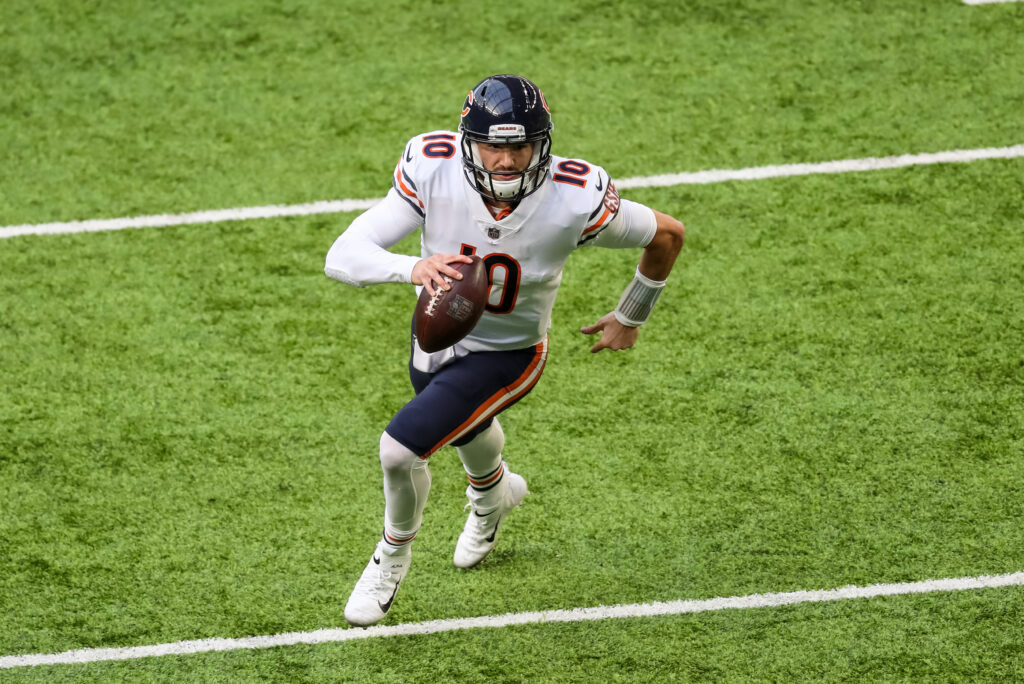
Timing Also Makes a Huge Difference
If I could go back to 2001 and simulate the start of my career 100 different times, almost 50 percent of the time, I would have been cut and never made a roster. It’s that hard as an undrafted free agent, and most situations are not as conducive as the one I had in Washington.
Another 30 to 40 percent of the time, I would have made the roster or earned one of the five practice squad spots and had some variation of the journeyman career I ended up with.
Then there are some scenarios, say 15 to 20 percent, where I would have landed with a team with continuity and earned a starting job at left guard or center. I could've stayed in that spot for five to seven years and earned a nice second contract.
However, the circumstances and situations I found myself in were such that I was not talented enough to overcome instability.
There are probably guys who never played a down in the NFL who might have been better than me but were in a worse situation as a rookie. It’s wild to think about, but it’s true.
The moral of the story?
Pay close attention to each rookie's situation and the circumstances that unfold around them during the next couple of years. That could greatly affect whether or not they were a “good” pick.


